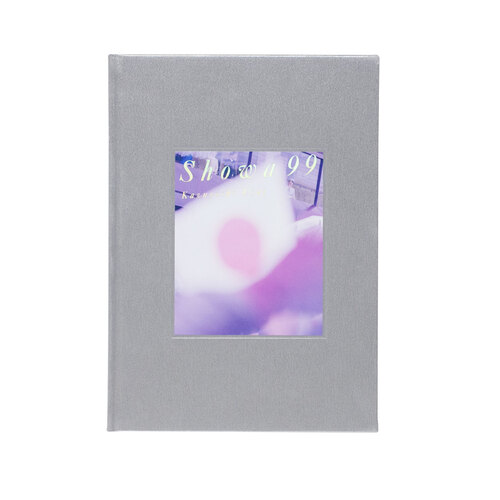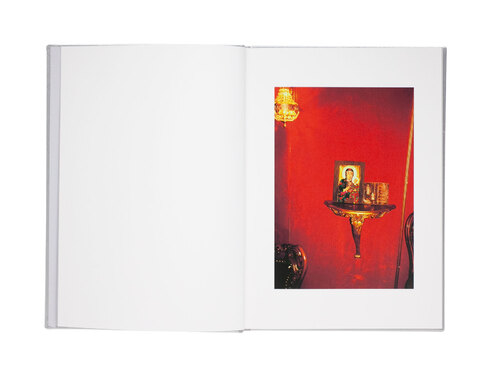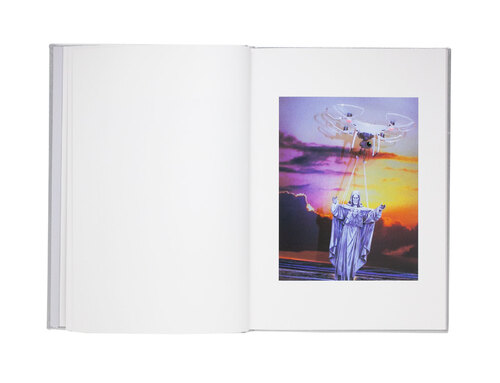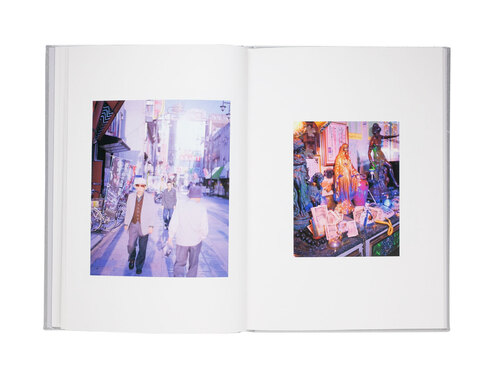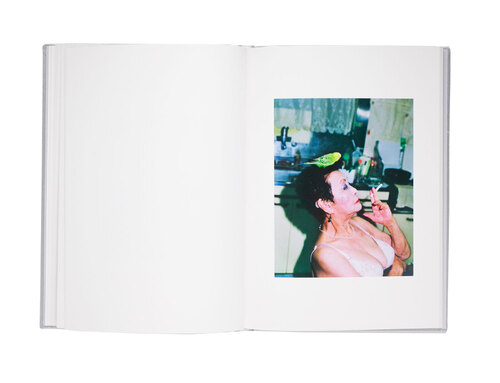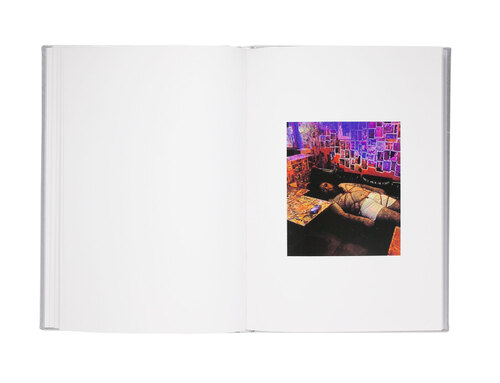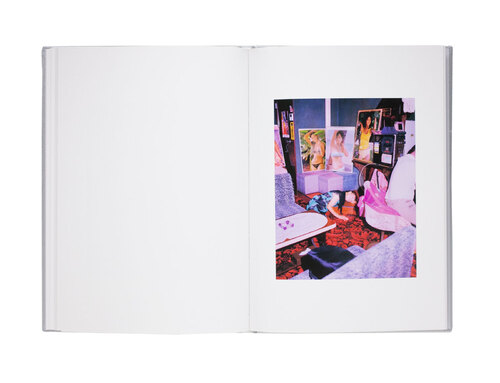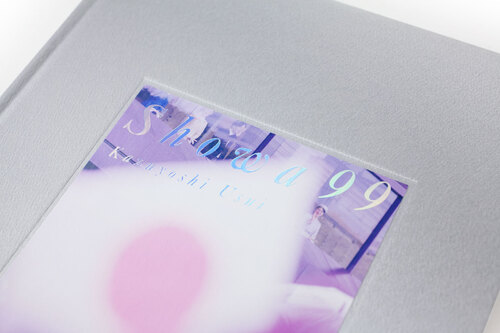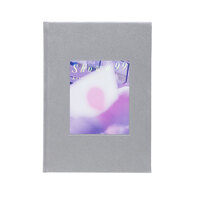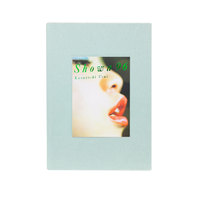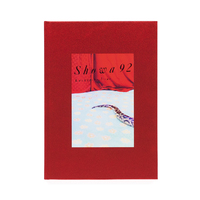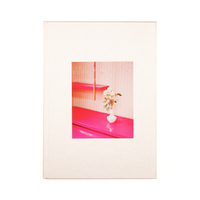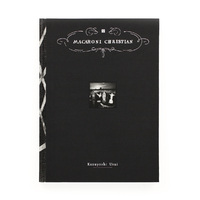Showa 99
Prolific photographer Kazuyoshi Usui’s long-awaited latest publication, "Showa 99," the fourth in his Showa series, is being published by Zen Foto Gallery.
Usui revealed that this fourth volume was inspired by Federico Fellini’s film, “La Dolce Vita”, which portrays the protagonist’s inner conflict between his freewheeling lifestyle and deep-seated religious beliefs. Usui suggests that this resonates with the fact that both the sacred and the profane can coexist within an individual.
Usui’s Showa Tetralogy presents a parallel reality of what it would have been like if the Showa period (1926–1989) had continued in Japan. It begins with a questioning of the polarisation of right and wrong caused by the self-imposed restrictions of modern conformity. It is born out of a longing for the Showa way of life, which was a mixture of the pure and the impure, struggling to survive in an age of confusion and chaos. The series, which took more than ten years to complete, is set in the places where Usui grew up and which still retains vestiges of the fading Showa era. Still, it does not indulge in nostalgia but instead gives the impression that the Showa era has continued uninterrupted into the present day.
Usui’s photographs depict places like those in underground films, and the people who live there, the marginal people, the signs of the place, or the world in the photographer’s imagination, leaving the viewer wondering whether the images are reality or a staged scene. The tragicomic mix of fantasy-like reality and fiction allows viewers to construct their own imaginary story that unfolds between the photographs. Embedded in Usui’s images are the contradictions and dual conflicts that are inherent in human nature, such as “the indecent and the sublime”, “the horrific and the comic”, “the East and the West”, “the false and the real”, and “life and death”.
― description from the publisher
- Book Size
- 257 × 182 mm
- Pages
- 80 pages, 40 images
- Binding
- Hardcover
- Publication Year
- 2024
- Language
- English, Japanese
- Limited Edition
- 700
- ISBN
- 978-4-910244-40-2
